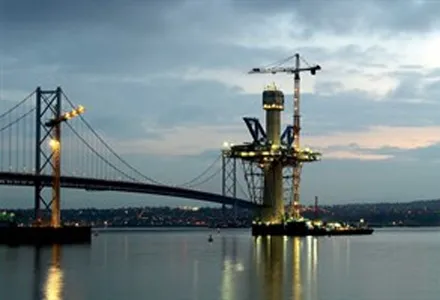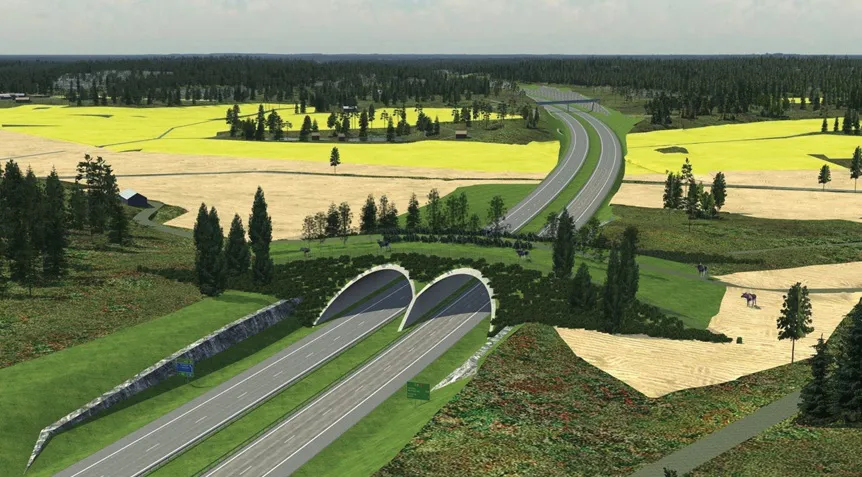Austrian contractor STRABAG is heading a consortium that will carry out bridge upgrades on the busy A9 Autobahn connecting Nuremburg with Munich in Bavaria, southern Germany. The eight bridges between the Nuremburg/Feucht interchange and the Hipoltstein junction will be demolished and replaced with new structures. The deal is worth € 38 million and will be handled by the consortium comprising STRABAG, subdivision Bavaria North, and Ed Züblin, Subdivision Bridge Construction. The client for the project is Autobahndirektion Nordbayern, the motorway authority for northern Bavaria.
The project is needed as the bridges are amongst the oldest remaining on Germany’s Autobahn network and can no longer cope with the volume of traffic or the weight of modern heavy trucks.
The work includes renovation works on the roads beneath three of the bridges as well as the demolition and new construction of a noise protection wall near Altenfelden. The package of works also includes the construction of temporary ramps and roads to the construction sites and a provisional acceleration strip at the Allersberg junction.
Work will be carried out round the clock from Monday-Saturday, with construction being divided into two phases. Work on the northward-bound lanes will take place from March to November 2019. After the winter break, construction will proceed on the southward-bound lanes from May to November 2020. The project is due for completion by the end of 2020.
Building the bridge structures will involve the excavation of a total of around 74,000tonnes of earth and laying around 21,000tonnes of asphalt. Due to the ground conditions, four of the bridges will be set on large bored piles with a diameter of 1.2m and the noise protection wall will be built on large bored piles with a diameter of 620mm or 750mm.
Bavarian Autobahn bridge repairs
Austrian contractor STRABAG is heading a consortium that will carry out bridge upgrades on the busy A9 Autobahn connecting Nuremburg with Munich in Bavaria, southern Germany. The eight bridges between the Nuremburg/Feucht interchange and the Hipoltstein junction will be demolished and replaced with new structures. The deal is worth € 38 million and will be handled by the consortium comprising STRABAG, subdivision Bavaria North, and Ed Züblin, Subdivision Bridge Construction. The client for the project is Au
March 11, 2019
Read time: 2 mins







